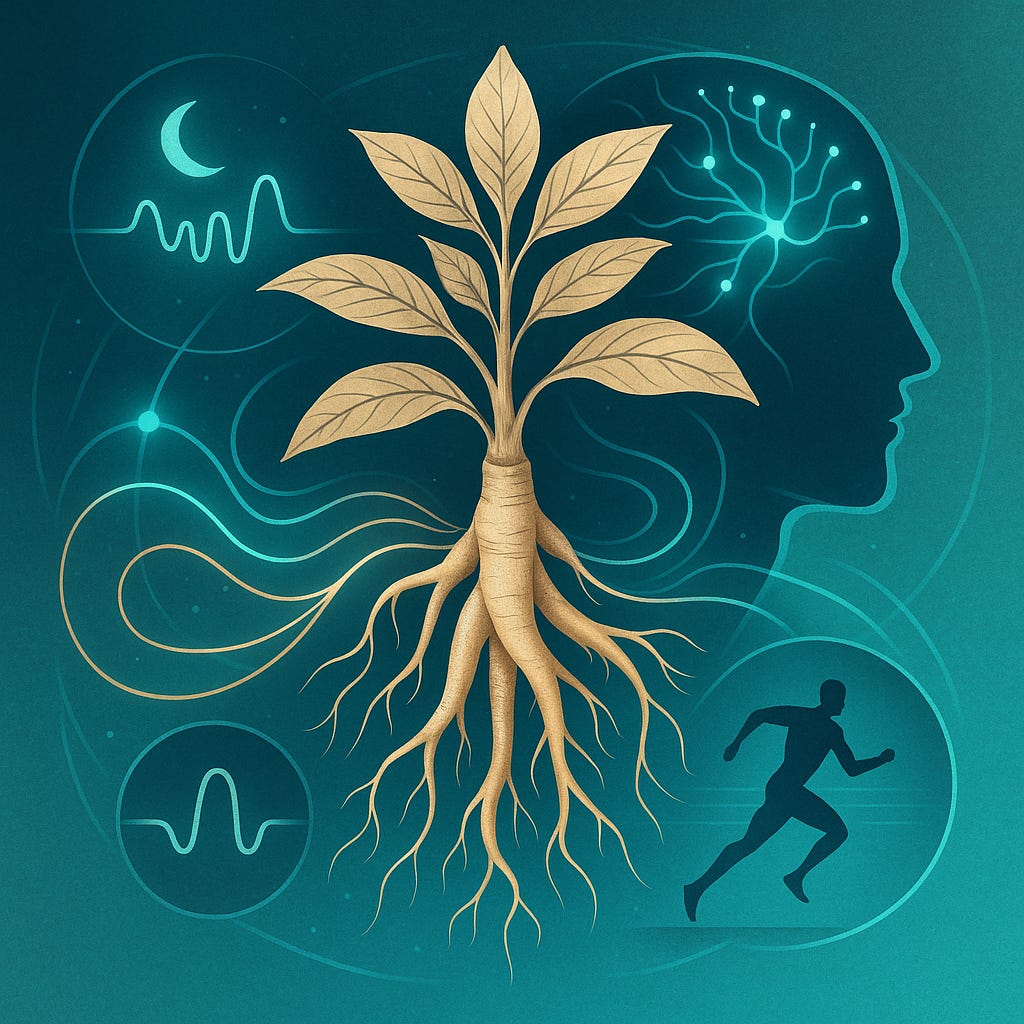Ashwagandha Benefits For Stress Sleep and Everyday Performance
A grounded look at what this popular adaptogen can and cannot do for most people
For most people, ashwagandha acts more like a gentle lifestyle helper than a performance enhancer.
Human trials suggest modest improvements in sleep, perceived stress, anxiety, and some aspects of metabolic and reproductive health. But a new randomized study in elite wrestlers shows that taking 600 mg per day for eight weeks does not boost special endur…
Keep reading with a 7-day free trial
Subscribe to Just Healthcare to keep reading this post and get 7 days of free access to the full post archives.


